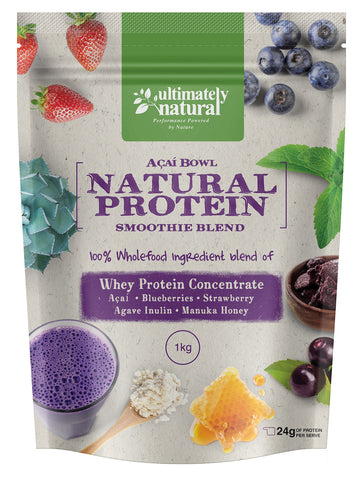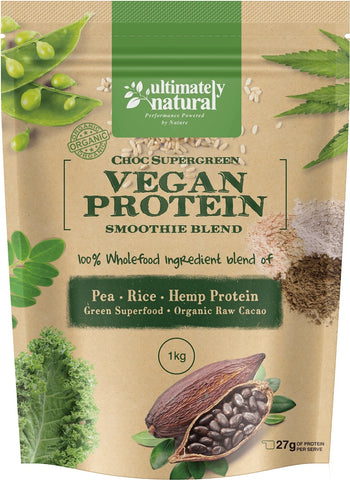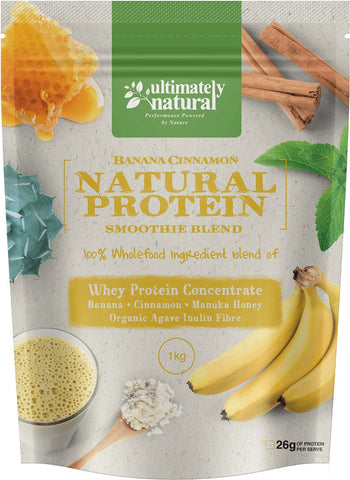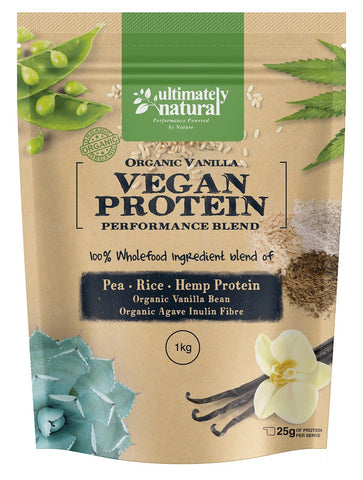
- Written By Linzay Logan
Everyone is different, but there are a few simple guidelines to keep in mind.
Heading out the door to run while the sun is just beginning to peak over the horizon can be the best — or sometimes, the only — time for many runners to pound out a training run. However, balancing proper fueling with getting out the door for a morning run in a timely fashion can be a constant struggle.
Finding the early morning fueling strategy that works best for you can be like discovering a diamond in the rough, and Claire Shorenstein, a running coach and New York University clinical nutrition student, said this is because nutrition needs are different for each and every athlete.
“It’s a very personal thing,” Shorenstein said of morning nutrition. A muffin might be a great mix of simple carbs for some runners, but can wreak GI havoc for others. Practicing your nutrition and experimenting with different options is the best way to perfect your morning fueling routine. You are likely to have several workouts hampered by GI problems, but practice makes perfect, even if there are some unwelcome hiccups along the way.
When running in the morning first consider how far you plan to run, as your fuel needs will change depending on distance and intensity, said Eric Skelley, running coach and owner of Rock Hard Runner in Redondo Beach, Calif. For short, lower intensity runs the fueling strategy is pretty simple, he said.
“The rule of thumb is if you’re running up to an hour you don’t necessarily need anything,” Skelley said.
Shorenstein agreed, adding she can run up to six miles without worrying about fueling in the morning. However, Skelley notes this is a rule of thumb that works for most runners, but not everyone, including himself.
“My friends don’t fuel up in the morning, but as soon as I am a half hour in I start to slow down and my heart rate [goes] up,” Skelly explained. “I have to have a gel or a half a banana to get me through the first 45 minutes or an hour.”
If you have a longer morning run on the schedule or an intense speed workout, it’s important to take in a few hundred calories for fuel or you’re likely to feel tired, sluggish or nauseous during the workout. “You definitely want to eat something before a tough workout,” Shorenstein said. However, choosing what kinds of food can provide you the right amount of energy without upsetting your stomach is key.
“Stick to something easily digestible,” Shorenstein said. “You want to shy away from high fiber foods, which take longer to digest.”
Good options for effective, but easy-to-digest morning foods are toast with peanut butter and banana, oatmeal, or an energy bar. Regardless of which one you choose, select something that’s made up primarily of carbs and easily digestible.
Whole foods aren’t always an option, however, as some athletes with extremely sensitive stomachs will usually have to rely on gel or liquid calories to power them through a workout. “I prefer to eat real food, but I need a full 2.5 hours to properly digest my food,” Shorenstein said. “So I rely on sports drinks, gel or juice.”
Finding the right fuel for any runner is a trial and error process, and finding the right fuel first thing in the morning can be more error than trial. But once you find the right balance it will become just like your morning run itself: part of the daily routine.
Source http://running.competitor.com/2013/10/nutrition/how-to-fuel-for-a-morning-run_50043





